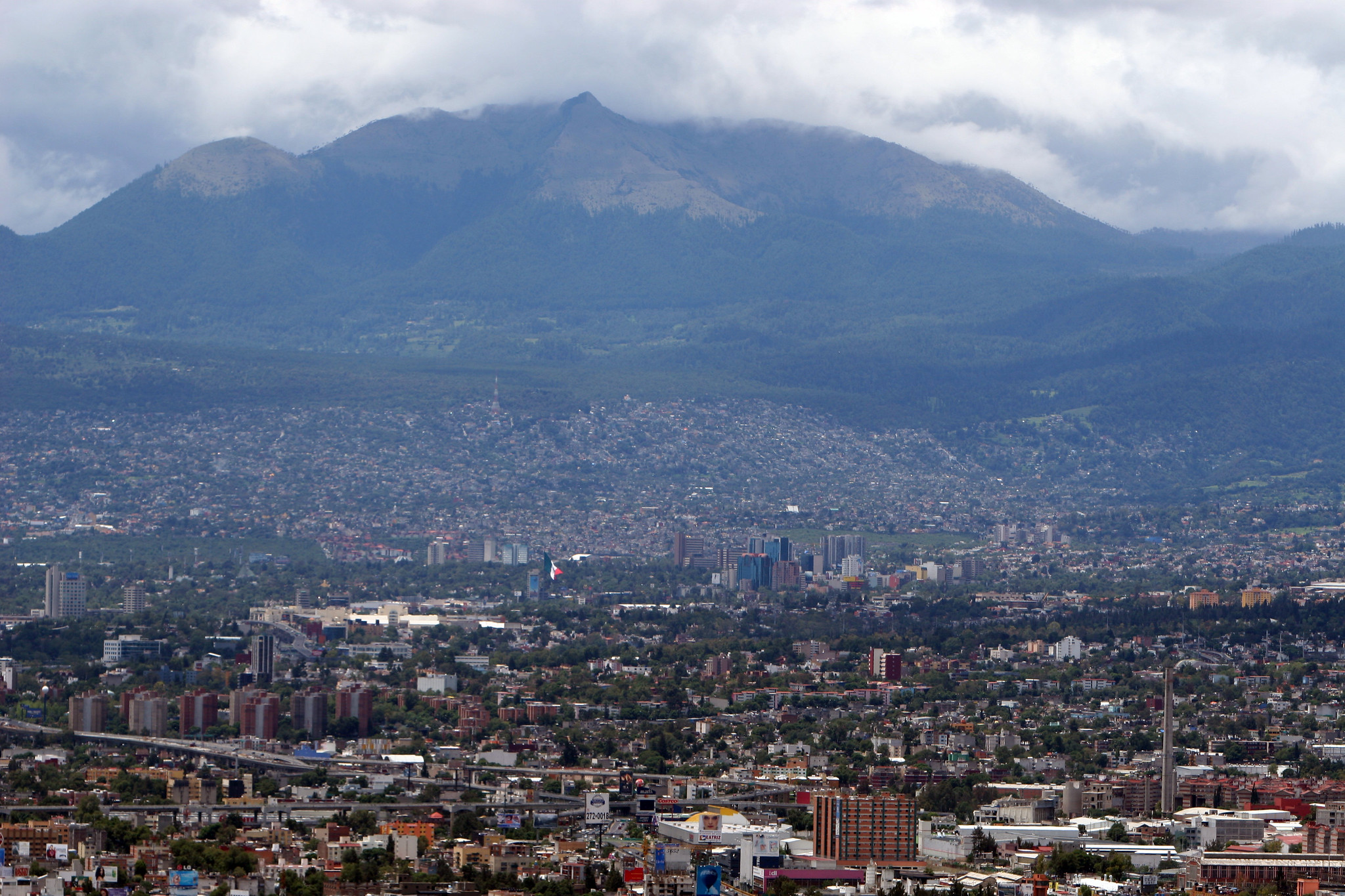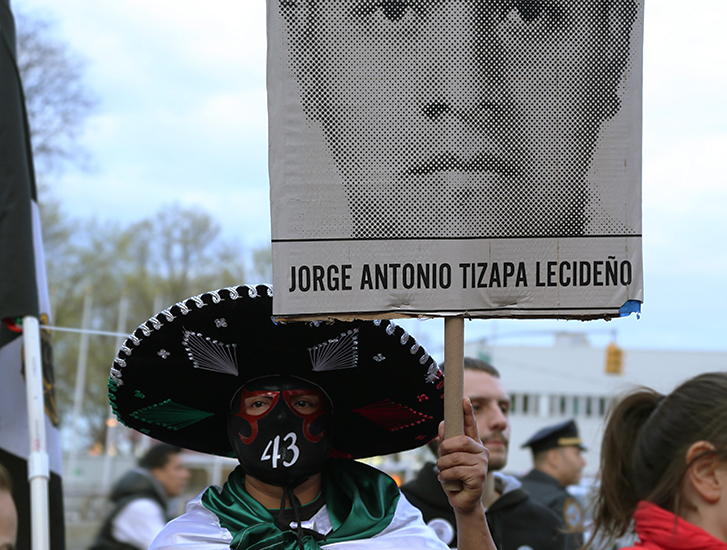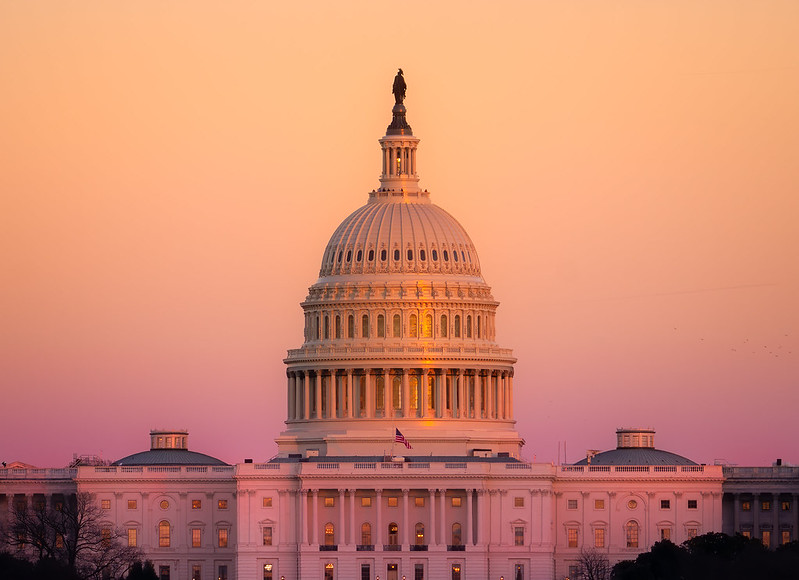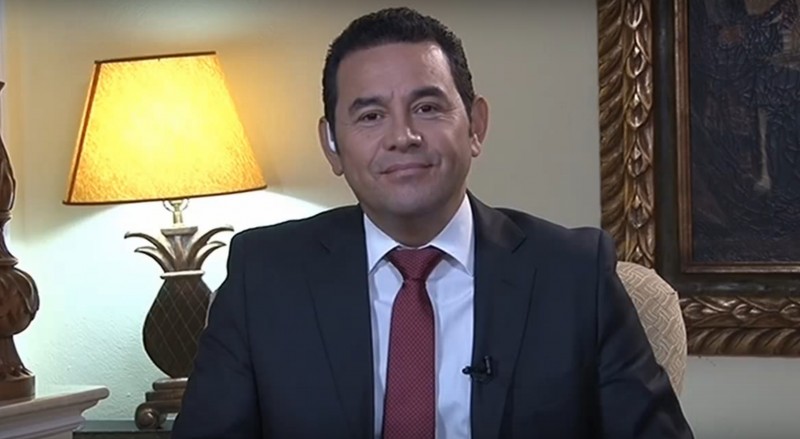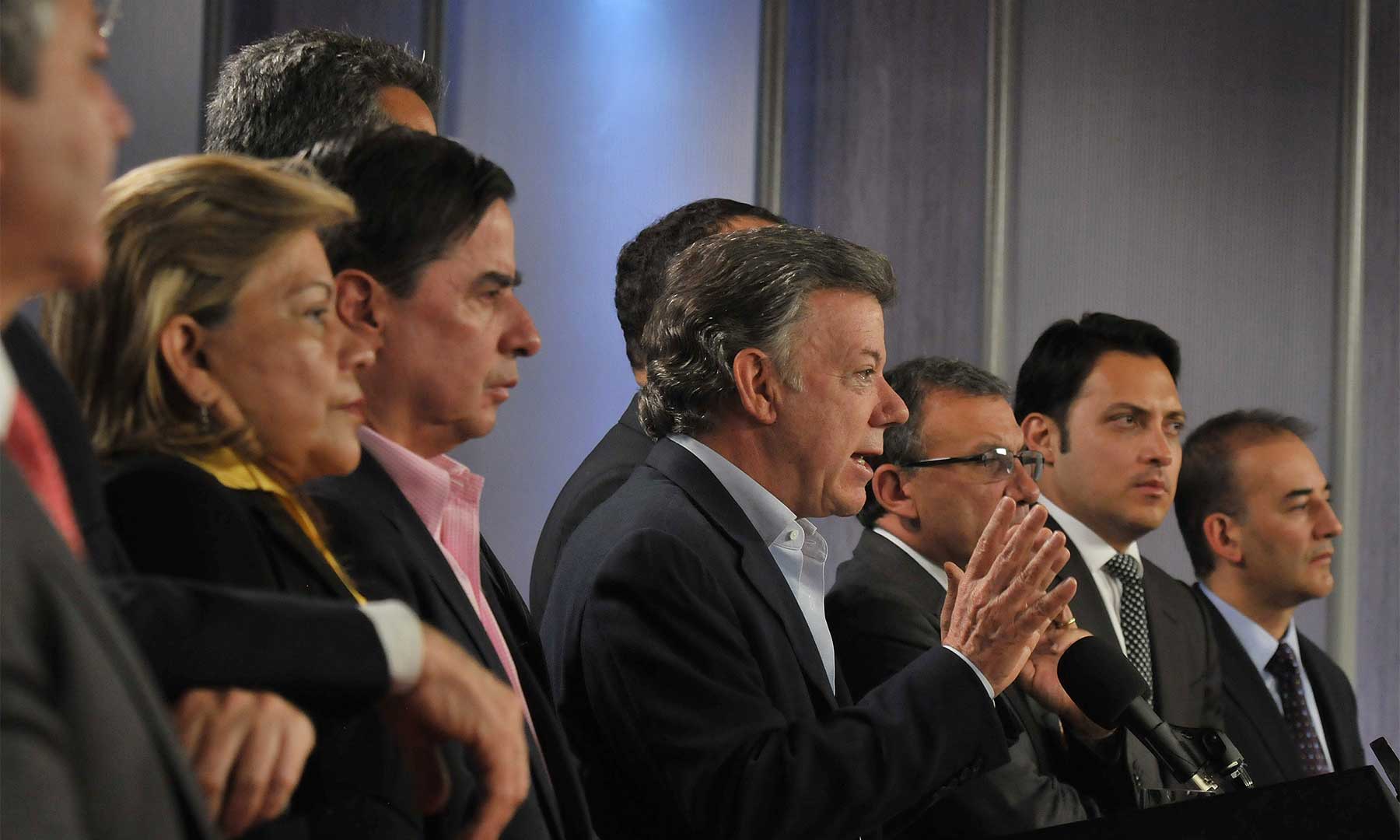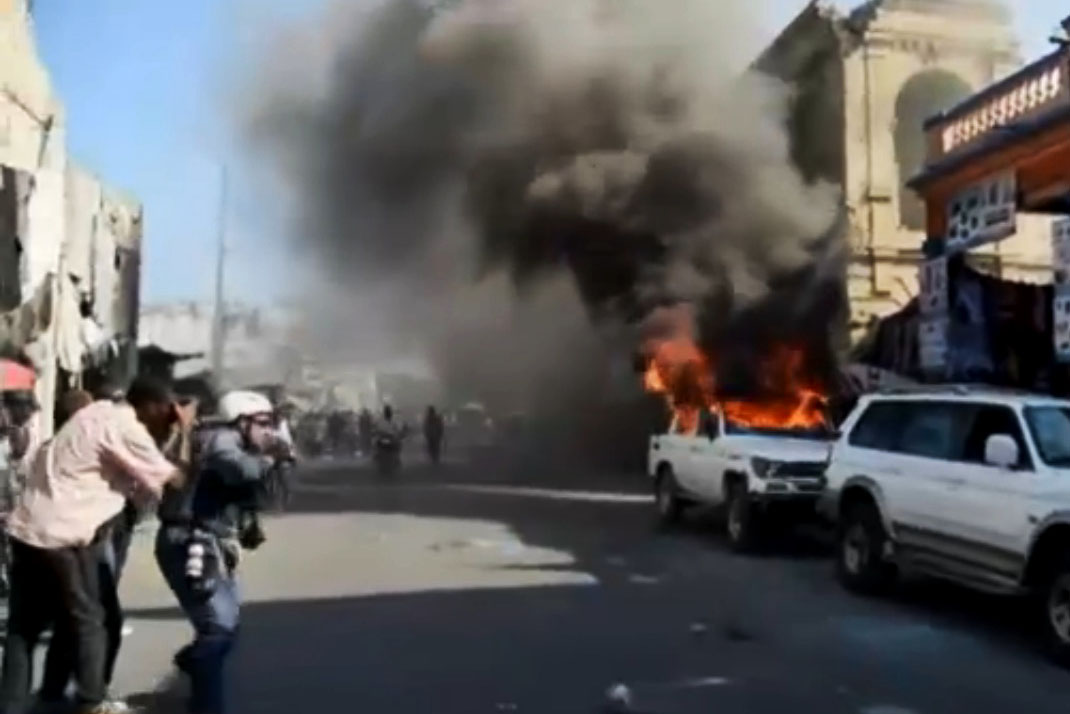
Protests in Port-au-Prince on Monday. (Image: Euronews, YouTube)
Caribbean, Haiti, Latin America: Week in Review
Protests Sweep Haiti Ahead of Presidential Runoff Election
January 19, 2016 By Staff
Top Story — About 2,000 protesters set up barricades, threw rocks and torched cars in the Haitian capital of Port-au-Prince on Monday ahead of a presidential and legislative runoff election scheduled for Jan. 24. Monday’s protests came just hours after three electoral offices were set alight late on Sunday in provincial towns in the north.
The contentious electoral process has been beset with charges of widespread fraud since the first round of voting on Oct. 25. The opposition’s presidential candidate, Jude Célestin, has refused to campaign, calling the results of the first round a “ridiculous farce.”
An independent commission created by outgoing President Michel Martelly found that a series of irregularities plagued the first-round vote. The commission’s report, published on Jan. 3, noted that 43 percent of score sheets had been altered and 60 percent of voters had been granted a proxy vote. The commission also found that 31 percent of voter registration numbers were missing from the partial voting list, while 47 percent of the numbers included were incorrect.
Despite its findings, the commission did not recommend that the runoff be postponed. The United Nations, the United States and the Organization of American States have all called for elections to be held in January, according to The Associated Press, so that a new president can be sworn in before the constitutional deadline on Feb. 7.
Célestin, in an interview with the AP, decried foreign leaders’ over-involvement in Haiti’s elections. He called them hypocrites for encouraging elections to take place in Haiti amid serious electoral problems that they would deem unacceptable in their own countries.
“It’s as if they have one type of democracy for themselves, and they would like to apply another type for Haiti,” he said.
Headlines from the Western Hemisphere
North America
- Mexican officials have called Mexican actress Kate del Castillo — the woman responsible for connecting U.S. actor Sean Penn to Sinaloa cartel leader Joaquín “El Chapo” Guzmán — in for questioning to reveal the details of her relationship with Guzmán.
- Meanwhile, lawyers for Guzmán are fighting his extradition to the United States, citing hostile attitudes towards Mexicans — including statements made by U.S. presidential candidate Donald Trump — as reasons why the alleged drug kingpin would be unable to receive a fair trial in the country.
- Wal-Mart de Mexico, the country’s biggest retailer, announced it plans to sell 117 Suburbia clothing stores in Mexico. The stores accounted for 3.5 percent of the Mexican branch’s total 2014 sales.
Caribbean
- Economic officials in Puerto Rico have adjusted projected budget deficits from $14 billion to $16 billion over the next five years and lowered revenue expectations over the same time period as the country seeks a bankruptcy option to restructure its $72 billion in public debt.
Central America
- Police in Belize announced that a Guatemalan migrant held as a person of interest in the strangling death of 39-year-old U.S. news producer Anne Swaney appeared Monday in court on charges of entering the country illegally.
- As rising temperatures from global climate change threaten coffee harvests in Central America, Reuters explores a recent boom in the production of cocoa, a plant that thrives in warmer temperatures and has long been grown in the region.
- Jonathan Blitzer of The New Yorker published a piece over the long weekend that takes a look at the Cuban migrants currently stranded in Central America on their way to the United States — a situation he says “has revealed some of the vagaries and inconsistencies of American immigration law.”
Andes
- Venezuela declared a 60-day economic emergency on Friday, which, if the National Assembly approves it, will give President Nicolás Maduro more power to impose state control on businesses and the nation’s economy.
- Colombian President Juan Manuel Santos has set tougher legal punishments for those who commit acid attacks, signing legislation Friday that imposes 12 to 50-year jail sentences for anyone who perpetrates the violent crime that affects approximately 100 people per year in the country.
- On Sunday, Santos announced the rescue of 18 fishermen who had been kidnapped by ELN rebels for violating a rebel-imposed fishing ban.
- A border crossing with Colombia in the Venezuelan state of Tachira has been reopened in order to allow students studying in the neighboring country to attend classes.
Southern Cone
- Argentine President Mauricio Macri plans to meet with British Prime Minister David Cameron this week as part of one-on-one talks during the World Economic Forum in Davos, during which they are expected to discuss territorial disputes over the Falkland Islands that came to a head during a war in 1982.
- Brazilian authorities, along with many Latin American nations, are struggling to contain the spread of the Zika virus, which is spread by mosquitos and can create severe birth defects in newborn children.
- On Monday, a ministerial committee in Chile approved the environmental permit for two hydroelectric dams that were widely protested by environmentalists.
- Chile’s state prosecutors have motioned to re-open an investigation into the accumulation of wealth of Augusto Pinochet, who ruled the country under a military dictatorship from 1973 to 1990.
- Four years ago, a rancher from the Patagonia region of Argentina came across dinosaur bone remains that came to be identified as those of a titanosaur, which as of Friday is on display in the American Museum of Natural History in New York City.
